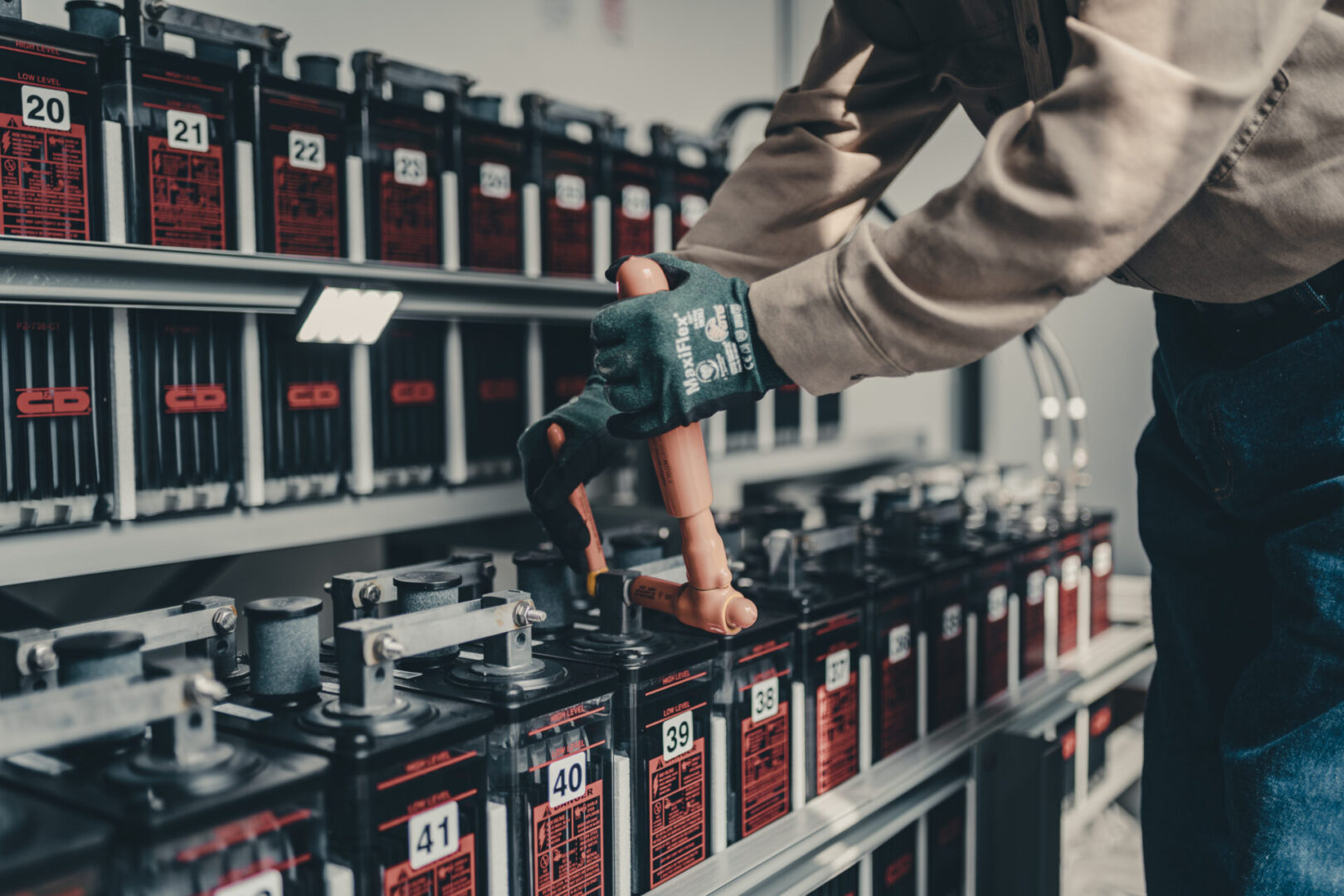The Role of Substation Batteries in Ensuring Power Reliability and Safety
In our increasingly electrified world, the reliability and safety of power supply systems are paramount. Substations are crucial components of the electrical grid, acting as the nexus where high-voltage electricity is transformed into lower voltages for distribution. Within these substations, batteries play a pivotal role in ensuring that operations run smoothly and safely. Let’s delve into how substation batteries contribute to power reliability and safety.
Understanding Substation Batteries
Substation batteries serve as backup power sources that ensure essential systems remain operational during outages or fluctuations in power supply. These batteries are typically lead-acid, chosen for their ability to provide reliable power quickly and efficiently. They are crucial for:
- Uninterruptible Power Supply (UPS): Substation batteries provide immediate power to critical equipment during outages, preventing disruptions in monitoring and control systems.
- Control Systems: Many of the control systems that manage the distribution of electricity rely on battery power to function, ensuring that the grid operates optimally even during unexpected events.
- Communication Systems: Effective communication is vital for managing grid operations. Batteries ensure that communication systems remain functional, facilitating timely responses to any issues.
The Importance of Reliability
The reliability of a power grid hinges on the performance of its substations. Substation batteries are integral to this reliability. Here’s how:
- Emergency Response: In the event of a power failure, batteries provide the necessary power to switch to backup systems, allowing for a swift recovery and minimizing downtime.
- Load Management: Batteries help manage peak loads by providing additional power during high demand periods, thus preventing overloads and potential failures.
- Safety Mechanisms: By ensuring that critical safety systems remain operational, batteries help prevent accidents and protect both personnel and infrastructure.
Maintenance and Monitoring
To maximize the effectiveness of substation batteries, regular maintenance and monitoring are essential. This includes:
- Routine Inspections: Regular checks for corrosion, leaks, and overall battery health can prevent unexpected failures.
- Testing: Periodic testing of battery capacity and performance ensures that they will function as needed during emergencies.
- Temperature Management: Keeping batteries within optimal temperature ranges can significantly extend their lifespan and reliability.
Conclusion
Substation batteries are unsung heroes in the realm of electrical power systems. Their ability to provide backup power, ensure safety, and enhance reliability makes them indispensable in modern electrical grids. As we move toward a future with increased reliance on electricity, understanding the role of these batteries will be crucial for both operators and consumers alike. Investing in robust battery systems and maintenance protocols is essential for a safe and reliable power supply.
Check out our comprehensive line of batteries to meet your unique needs!
https://swiftpower.com/products-reserve-power/
Our team of Reserve Power Specialists can help determine the right form, fit, and function for your needs.

